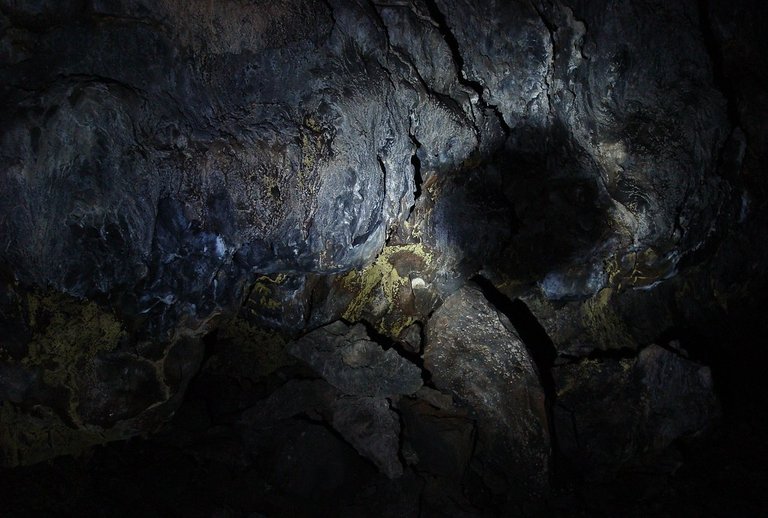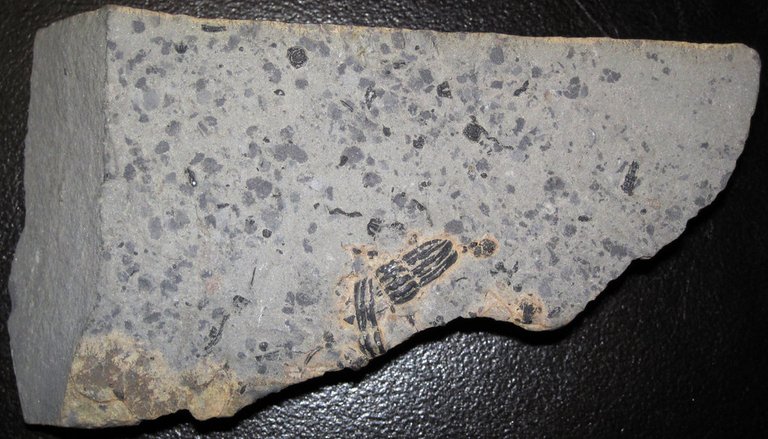Let me ask you this question quickly "What is the oldest living thing that ever existed?", and I would have love you to give the answer before I start this post but I guess that would not happen because by the time you will be reading, I would have been done with the post.
Back to the oldest living thing on earth, and a possible answer. A group of researchers in 2010 journeyed through south pacific and collected chunks of oceanic crust reaching about 125 meters below seafloor using drills and took the chunk of crusts to the lab for observation. They did so by cutting the crust into a slices and viewed them under a microscope where they saw tiny fissures less than a millimeter wide on the rock which was made up of both sediments and living bacteria.
The scientist that were investigating this rock had the knowledge that they had been sealed from the outside world and are dated as far back as 100 million years old so they believed that the bacteria might have been living there for about less than 100 million years since bacteria can live anywhere but they were also skeptical that the bacteria might have just been deposited recently or even mistakenly during the drilling process.
Although the drilling process mistake deposit was later erased because the scientist did a great job to make sure that outside contaminants were not allowed into the study and their drilling machine chemicals were not on the rocks but this doesn't mean that there can't be contaminants as there can be contaminants with scientific research, proper care is usually taken during these exercises.
Upon comparison, it was seen that the bacterial colonies inside these rocks didn't show any sign of contact with the outside world prior to their drilling so they might be really old. So they came with they announced the rock to be the oldest rock to harbor living things. So clap for them, they just made a record and we can say that they did a good job only that they didn't only create a record, they also broke the record when they decided to go to Africa to do more research.
In the northern part of South Africa, at the Bushveld Igneous Complex which are rocks created during the Palaeoproterozoic era, about 2 billion years ago by molten magma. The rock samples were gotten from below the surface rock about 15 meters below the surface. When they took the rocks back to the lab, they found bacteria on them and tested them for contamination from the outside but didn't find any. This led the scientist to conclude that the bacteria had been trapped in this rock for about half the age of earth.
The scientist based on evidence are looking that the bacteria might have had its past parents in the rock for about 2 billion years and their survival in such place can be attributed to a lot of things including the stability of the rock, the rock being filled with iron rich minerals such as smectite which is good on collecting organic compound for microbial growth. While the exact year of the bacteria is yet to be ascertain, it has been confirmed that the 2 billion year old rock is the oldest rock to house a bacteria.
Reference
https://www.nature.com/articles/s42003-020-0860-1
https://link.springer.com/article/10.1007/s00248-024-02434-8
https://www.u-tokyo.ac.jp/focus/en/press/z0508_00374.html
https://www.u-tokyo.ac.jp/focus/en/press/z0508_00099.html


